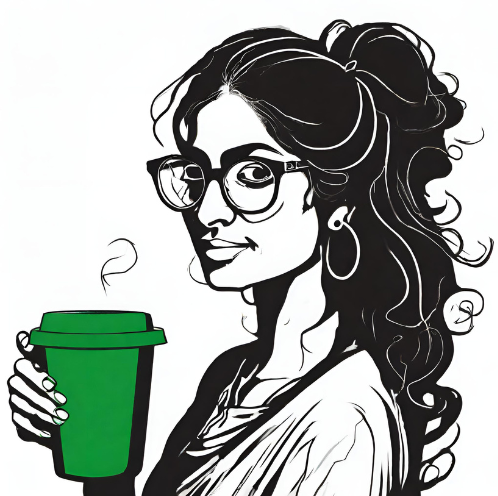Shanta: The Story of Rama’s Sister
Anand Neelakantan
2017
Westland
pp. 34
Ravana’s Sister (Meenakshi)
Anand Neelakantan
2018
Westland
pp. 14
The stories of Shanta and Meenakshi both by Anand Neelakantan are engaging and bring to fore thoughts and ideas that are documented in very few other domains. The trouble with reading popular works is that you are never sure of where these ideas have originated, are they completely a figment of the author’s imagination or have they been documented in other versions of mythologies, popular in different regions of India and/or the world. I read the books in quick succession and I am looking forward to reading Sita, also written by Neelakantan.
The tone of the books makes a call for justice. The two women are seen as victimised in their portrayal in mythologies and in the eyes of the people at large. This of course is welcome. I wish the books were more detailed in tracing out the events. Although, if you are at all familiar with the story of Ramayan, you would be familiar with most events, I felt that there could be stories and events that have not become as popular. The role of Kaikeyi and Manthra, has always been very confusing. Each book seems to portray them in a manner that they find just for their purpose. Oscillating between the good and bad, I wonder if mythologies would have shades of grey or just the interpretations will choose portray them in their own colours.
I found Shanta more engaging than Meenakshi. In Meenakshi, the conversation between Sita and Meenakshi, almost makes Sita look like a weak woman. The repeated reference to Laxman making Meenakshi appear ugly is also troublesome. The idea of insulting someone goes beyond destroying their beauty. The psychological and emotional impact of the Laxman abusing his physical prowess in overpowering Meenakshi in order to establish his own supremacy is steeped in patriarchy and a hunger for power. This needs greater deliberation than a critique of women being used and objectified. The question of why some men in mythology and society tend to derive their identity only by being controlling, overpowering other men and women needs greater reflection.

